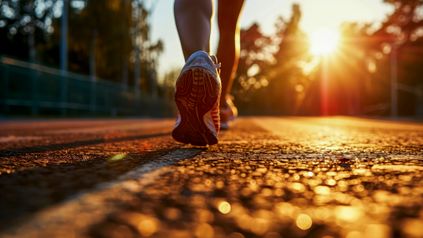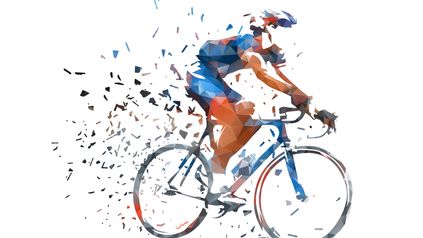While caveating that the decision is not set in stone, World Athletics has said 'no transgender who has gone through male puberty would be permitted to compete in female world ranking competitions from 31 March'.
Sport in particular continues to grapple with the competing rights of individuals and there is no easy or fair answer. Trans advocates argue that the dignity and human rights of trans athletes, and the value of inclusiveness in sport, mean that they should be able to compete in their affirmed gender, while others (including some feminist campaigners) argue that this can compromise both safety and fairness. The issue is not confined to elite sport, either, as the approach in professional sport tends to filter down to youth sport.
A few years ago, there appeared to be a consensus among many sports governing bodies that the issue could largely be addressed by requiring trans women to suppress their testosterone levels in order to reduce the competitive advantage which testosterone provides. However, some sporting bodies (such as British Triathlon) are moving away from this approach, citing scientific evidence that having undergone male puberty confers long-term advantages (in terms of muscle mass, cardiovascular output and bone density) which are not significantly reduced by testosterone suppression. When the IOC introduced a new framework for trans athletes in 2022, which emphasised the inclusion of trans athletes, it was criticised by many scientists for failing to recognise these issues. In contrast, governing bodies of contact-heavy sports, such as World Rugby, the World Boxing Council and the English Rugby Football Union and Rugby Football League have taken an unequivocal stance that trans women cannot compete in the same category as natal women on safety grounds.
Although "hormone grading" akin to the Paralympic grading system could be one way of achieving fairness, it would also be highly intrusive. The unpleasant public scrutiny of Caster Semenya at the 2009 World Championships illustrates the risks of this approach for athletes with disorders of sexual development as well as trans athletes.
The conversation continues.


/Passle/57b2e0b63d947408fcc6e4e6/SearchServiceImages/2025-10-21-10-59-00-260-68f76774e76526bbfaa5afe3.jpg)

